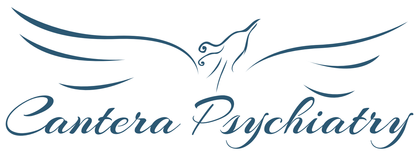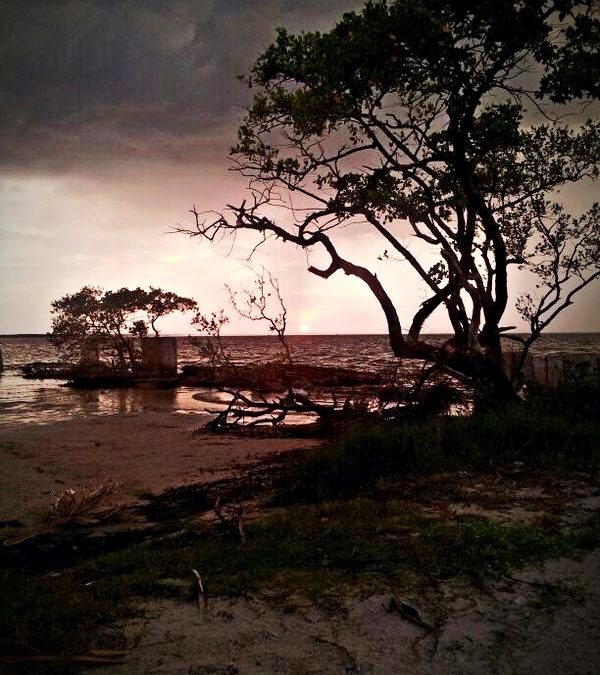I took this picture right before the tornado above me touched down on a beach in Tampa. The sky darkened to a bleak black-green, covering the normally brilliant sunset in an eerie hue during this liminal part of the day. The wind blew sand, palm leaves, sticks, even small stones, like a toddler throwing a tantrum, kicking over nature’s surfside artwork. That relatively little spot on the earth became chaotic, loud, and bewildering. There was a brief stint of silence as the eye passed, then the chaos ensued in the opposite direction. Though I could vaguely remember the warm sunlight, the gentle warm breeze, and the cool blue water kissing my feet on a normal day, the memory seemed distant, like this tornado was all I knew.
During depression, life hits you in a similar way as the tornado hits the beach. The sun seems literally to lose its brightness. The wind blows so hard, you lose your footing, and normally innocuous things, like palm leaves, are violently whipped against you, leaving you feeling overwhelmed. A part of your mind remembers that life wasn’t always like this, but as depression continues, that memory becomes more and more vague.
There is hope.
We look at the whole person, including physical, emotional, spiritual, and mental factors that contribute to their emotional state when they come see us. Yes, we have traditional medication treatment, but we also have so much more. We coordinate with on-site therapists to address emotional needs. We refer patients to spiritual guidance according to their spiritual path. We see our patients for an hour initial evaluation, and thirty minutes for a follow up, or an hour in crisis if they need it. There are no rush-in, rush-out, medication-only visits here.
We also have incorporated innovative, evidence-based ways to treat depression. We use genetic testing to identify Cytochrome P450 enzyme activity, which can help direct toward medication choice, matching medications to the enzymes in your liver which metabolize them the best. We minimize harmful medications, and find the fewest medications that effectively treat our patients. We offer transcranial magnetic stimulation, or TMS, (YES, it is covered by insurance!), the depression treatment which has virtually no side effects, by magnetically stimulating your brain to produce much-needed neurotransmitters. We offer Theta Burst Stimulation, or TBS, which works similar to TMS, but over two weeks instead of six weeks. TBS is FDA approved but not yet covered by insurance. We also offer ketamine infusions, which stimulate the neurons to make glutamate, reducing learned helplessness (“Nothing can help me”) and anhedonia (“I don’t enjoy anything any more”). Though ketamine is not covered by insurance, we offer a discounted sliding scale based on income to make it as affordable as possible for all. Ketamine and TBS are amazing because they work in just two weeks, versus 6 weeks for TMS or 8 weeks for medication changes.
So remember, the storm passes. You are not alone in this. Let us work together to find the right treatment for you and bring out that warm sunshine once again.

